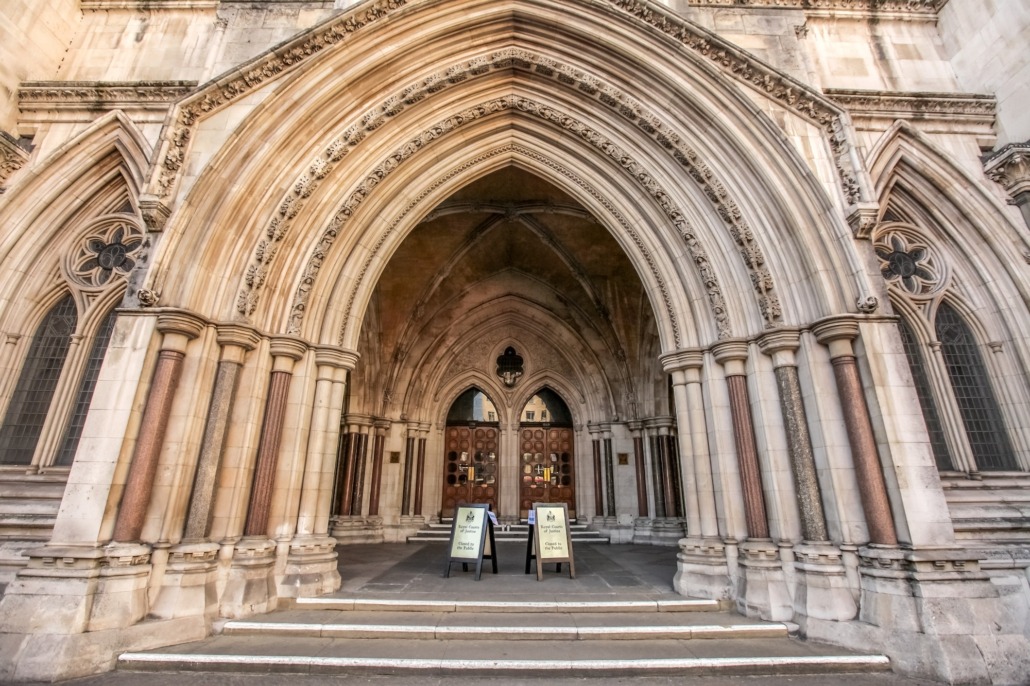LEGAL+ NEWS
Appeal law: When is a submission late in the appeal proceedings?
The correct decision on late submissions in appeal proceedings is of great practical importance, as late submissions are generally not to be considered by the court of appeal.
In a significant decision, the Federal Court of Justice (BGH) has reminded us that in many cases, the court of appeal must nevertheless take into account means of attack and defense that have already been disregarded by the court of first instance (BGH, decision of 27.2.2018 – Ref. VIII ZR 90/17).
The BGH decision on late submissions (case no. VIII ZR 90/17)
- A frequently misinterpreted paragraph is Section 531 (1) ZPO:
“Defense and attacking arguments that were rightly rejected at first instance remain excluded.”
This provision is often interpreted too broadly by appeal courts, particularly in light of Section 296a sentence 1 ZPO:
“After the conclusion of the oral hearing on which the judgment is rendered, no further means of attack or defense may be presented.”
- Many courts of appeal wrongly assume that submissions that were rejected in the first instance pursuant to Section 296a ZPO are also excluded from the appeal proceedings pursuant to Section 531 (1) ZPO.
- As the BGH has stated, this does not correspond to the legal situation under the ZPO. § Section 531 (1) ZPO only applies if the submission was rejected in the first instance on the basis of Section 296 (1) to (3) ZPO. However, if it is based on Section 296a ZPO, Section 531 (1) ZPO does not apply – regardless of whether the decision was correct or incorrect.
Questions about the appeal procedure and late submissions?
Contact me in confidence for professional advice.
On the question of when submissions in the appellate instance are “new”, please also read my article on the scope of a so-called pleading indulgence!

LATEST ARTICLES

Guide to International Civil Procedure: Recognition and enforcement of foreign judgments in Germany
Once a judgment has been successfully obtained against a German debtor abroad (in a third country), the creditor is faced with the important practical question of how to actually get his money.
If the German debtor does not pay voluntarily, only the enforcement of the judgment will help. However, since in most cases the German debtor only has assets in Germany that could be enforced, the foreign judgment must be enforced in Germany. This requires that the foreign judgment has first been declared enforceable by a German court. This declaration of enforceability is the subject of separate court proceedings against the debtor in Germany, at the end of which, if successful, an enforcement order will be issued.
The following article deals with the content of these proceedings.

Guide to appeal law – Importance of the content of the grounds of appeal for the scope of review by the court of appeal
The view that the content of the grounds of appeal determines the scope of review by the court of appeal is widespread. According to this view, the grounds of appeal must contain all complaints regarding the first instance judgment that the appellant wishes to have reviewed by the court of appeal. If the appellant omits a complaint, this would mean that the court of appeal itself would have to ignore legal violations that it has recognized and deemed to be significant.

Possibilities of contesting a settlement concluded in court
Civil proceedings are often concluded by way of a settlement between the parties during the course of the proceedings. This is often done with the help of the court. Practice shows that such a settlement, despite the involvement of the court, is not without its pitfalls. I would like to provide an overview below.
CONTACT

+49 (40) 57199 74 80
+49 (170) 1203 74 0
Neuer Wall 61 D-20354 Hamburg
kontakt@legal-plus.eu
Benefit from my active network!
I look forward to our networking.
This post is also available in: DE
